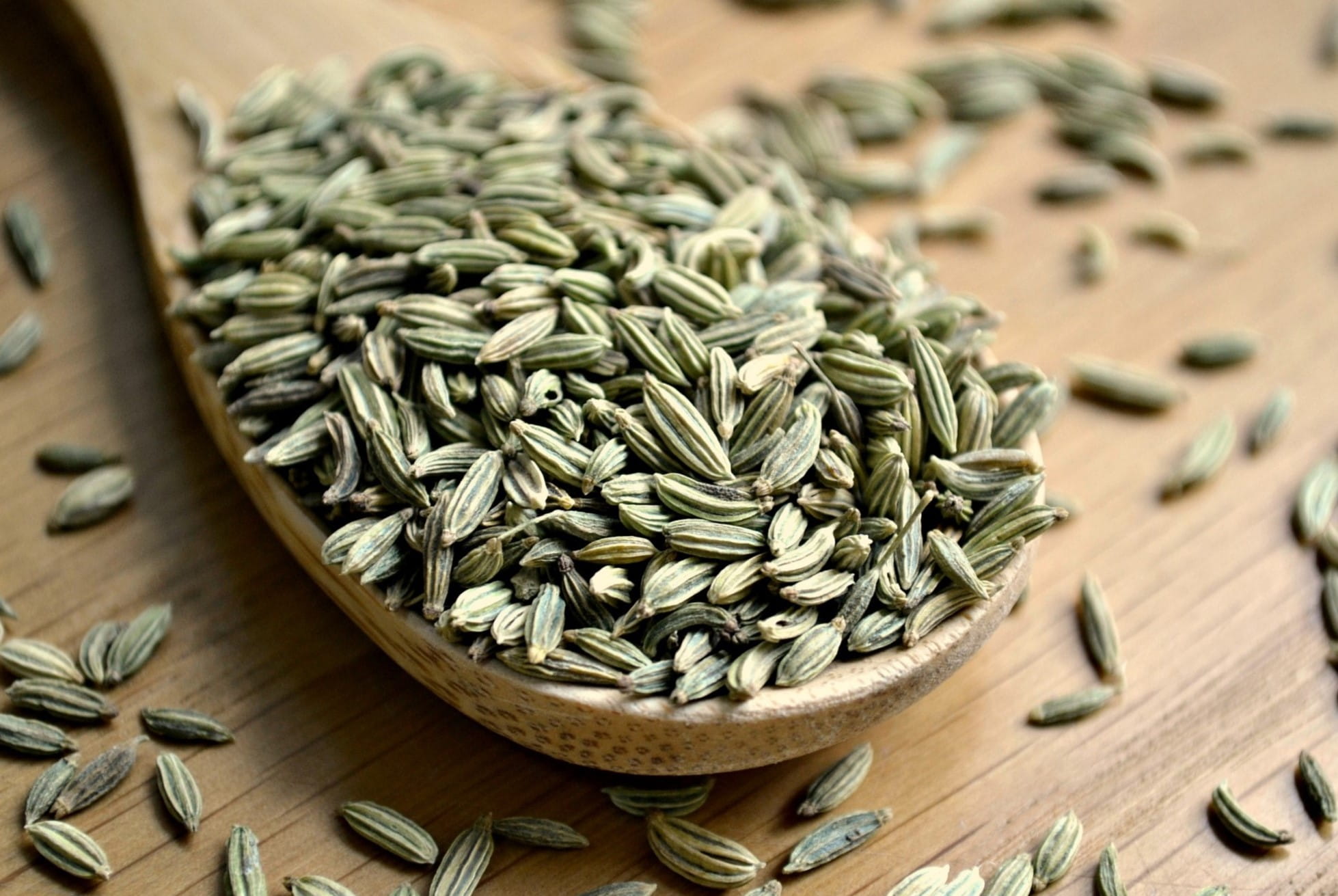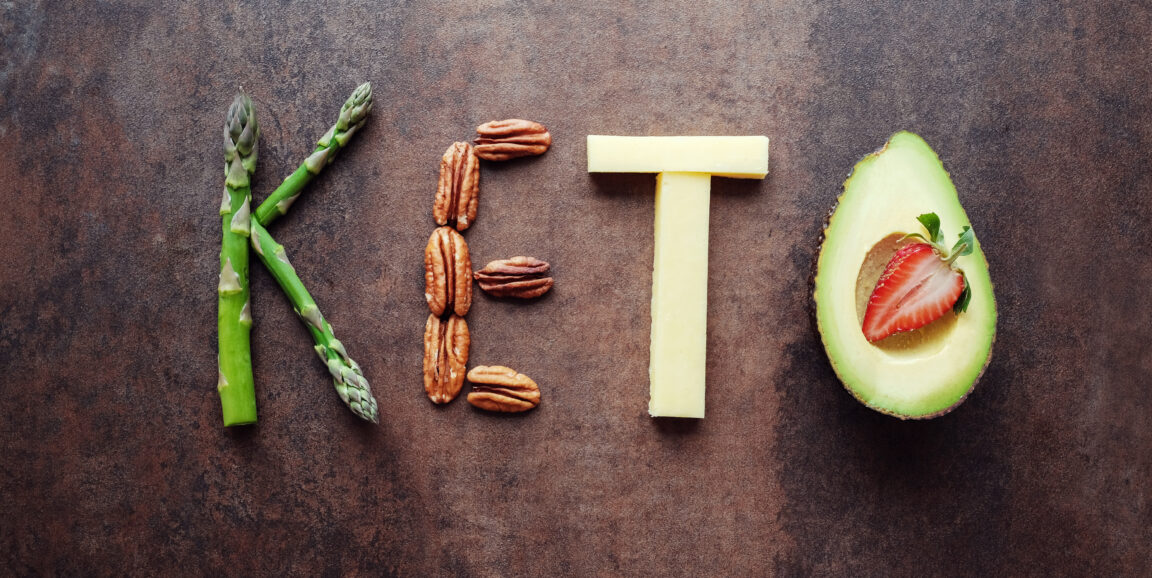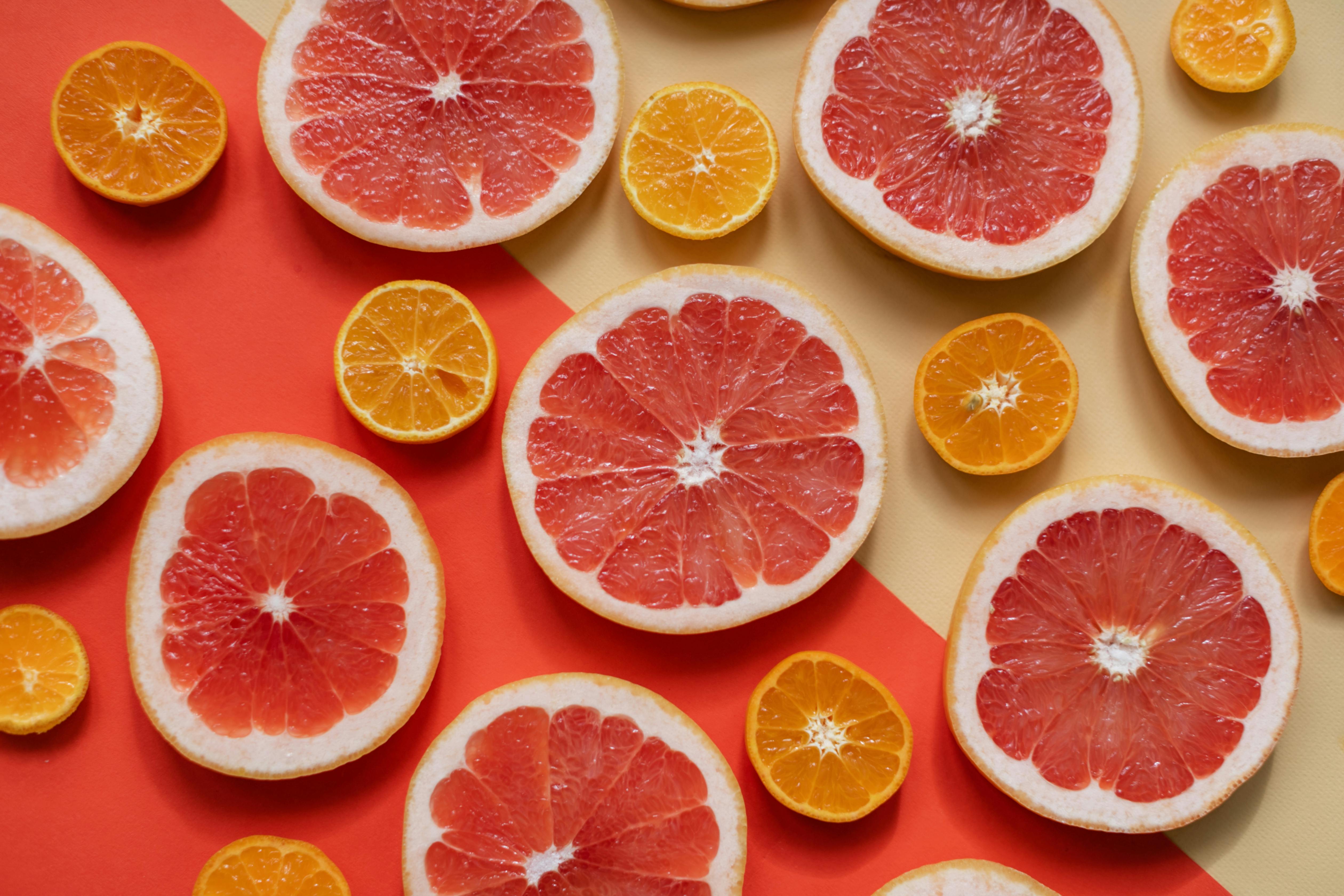Excess gas and flatulence can be uncomfortable and inconvenient. Here, we delve into how to relieve flatulence, with our top tips for supporting gut health.
What is Flatulence?
Flatulence is the passing of gas from the gastrointestinal tract (GI) to the back passage of our bodies. All gases entrapped in our bodies are destined to be partially or completely absorbed. Intestinal gases often accumulate and cause flatulence1.
When we swallow food, water or saliva, we also swallow a small amount of air, which then collects in the GI tract2. Gases can also build up during the digestion of food. During the fermentation process in the colon, the bacteria feeds on undigested food residue such as insoluble fiber, and releases gases like hydrogen and carbon dioxide. Some bacteria (i.e. Archaea) also release methane gas, this is commonly seen in small intestinal bacterial overgrowth (SIBO).
What is the Difference Between Gas & Flatulence?
These terms are used interchangeably. Gas is also called flatulence – or farting. Gas refers to air in the intestine that is passed through the lower part of the large intestine (rectum.) Gas forms in the intestines by bacteria when we digest food.
Why Am I So Gassy?
Most often we tend to pass more gas if we eat a larger meal or certain foods like beans. However, if this is bothering you for more than a few days, there are a few common reasons:
- Increased intake of dietary fiber
- Food intolerances (i.e. dairy or gluten intolerances)
- GI disorders
- Irritable bowel syndrome (IBS)
- Small intestinal bacterial overgrowth (SIBO)
- Bacterial infection
- Helicobacter pylori
Do Probiotics Help with Flatulence?
Research is still ongoing on whether probiotics bring any benefits to eliminating excess gas from the GI tract. If the flatulence is due to a GI disorders, such as IBS or SIBO, modulating the gut microbiome could be an effective way to reduce release of gas in the intestines.
A study3 looked at the alteration of the gut microbiota by providing the test group subjects with the probiotic Lactobacillus plantarum while the control group received a placebo containing no probiotics. After 4 weeks, it was examined that there were no major changes of Enterobacteriaceae in either group, before or after the study. However, the Enterococci increased in the placebo group and remained unchanged in the test group.
Flatulence was significantly reduced in the test group compared with the placebo group. With the flatulence score decreasing from 6.5 to 3.0 as compared to the control group where it was scored 7.4 before and 5.6 after. At the 12-month follow-up, patients in the test group maintained a better overall GI function than control patients. This study showed that probiotics could decrease flatulence in IBS patients and potentially other patients with different GI disorders.
This study showed that probiotics could decrease flatulence in IBS patients and potentially other patients with different GI disorders.
Another study4 looked at the potential of probiotics to reduce gas-related symptoms from a high-fiber diet. The subjects were given a fermented milk product containing Bifidobacterium animalis subsp. lactis CNCM I-2494 and lactic acid bacteria. After 6 weeks, the group consuming the fermented milk and a high-fiber diet reported lower gas-related symptom scores (e.g., flatulence reduced by -1.7), smaller number of gas evacuations (decrease by −5.8), and higher digestive well-being scores (+0.6 increase). Hence, this shows that certain probiotic strains and lactic acid bacteria can reduce flatulence in healthy individuals as well.
What Should I Eat When Feeling Gassy?
The best diet to follow while figuring out the cause of your flatulence is the low-FODMAP diet. This would not come as a surprise for many as it is the safest options in terms of reducing excess release of gas in the GI tract. This diet entails avoiding certain food components such as:
- Dairy
- Gluten
- Beans and legumes
- Cruciferous vegetables (i.e. cauliflower)
- Allium vegetables (i.e. garlic, onion)
These foods are known to produce excess gas in the GI tract as they are either fermented by bacteria in the colon resulting in the production of hydrogen and methane or some people do not contain specific enzymes to break down the food. An example is that many individuals do not have enough of the enzyme lactase to break down lactose, the sugar found in dairy products.
Now that you know the general foods to avoid, let’s take a look at some foods that are gas-relieving and can reduce flatulence.
What to Eat to Reduce Gas?
- Fennel seeds: They are anti-inflammatory and antimicrobial properties that can help to modulate the gut microbiota and reduce the abundance of mucin-degrading pathogens. Fennel may also inhibit the growth of Staphylococcus aureus and Escherichia coli, bacteria that can lead to gastrointestinal infections and dysbiosis5. By regulating the bacteria and inflammation in the gut, this will reduce flatulence and gas-related symptoms. It is easy to get your daily fill of fennel seeds by crushing them to make a hot cup of tea. It can also be found in a supplement form if you are not a fan of its strong flavour.
- Green tea: It is not only rich in antioxidants, it also aids in digestion which can reduce trapped gas. It is able to increase the abundance of beneficial bacteria and thus decrease release of gas. Green tea can also reduce water retention, which reduces bloating and trapped gas.
- Fermented foods or drinks: Fermented foods such as sauerkraut, kimchi or yogurt contains beneficial bacteria such as Bifidobacterium and Lactobacillus, that can help to maintain gut microbial balance and reduce flatulence.
Simple Lifestyle Tips to Relieve Flatulence
- Avoid cold carbonated drinks: Carbonated drinks contain a lot of gas and it will only worsen your flatulence frequency. Try to stick to warm water to keep yourself hydrated and this will also aid in your digestion as well to prevent trapped gas in the GI tract.
- Exercise regularly: We all know that getting some movement in the day can help to improve digestion and ensure that less gas is being trapped in our intestines.
- Gentle stomach massages: One of the quickest ways to relieve gas is to gently massage your stomach. The best way to do this is by lying on your back and massaging your stomach in a clockwise circular motion, starting on the right by your hip bone and moving up to your ribs.
Take Home Message
Flatulence is a normal occurrence that we’re all familiar with. Still, if you find gassy episodes are a tad to frequent, there are notable measures you can take to reduce its likelihood. Namely, include probiotic-rich foods or supplements, as well as the fennel seeds and green tea, and let’s keep the wind away!



